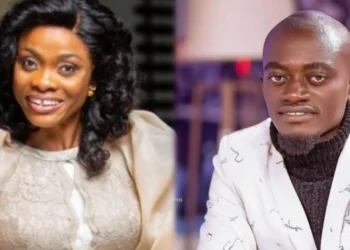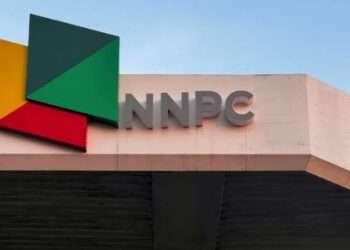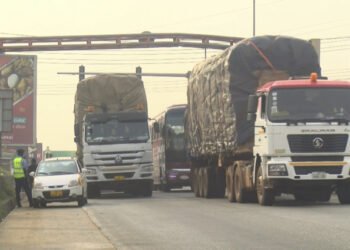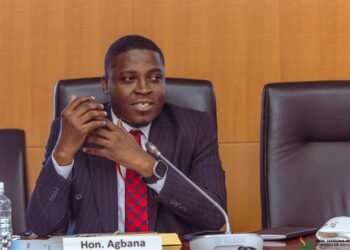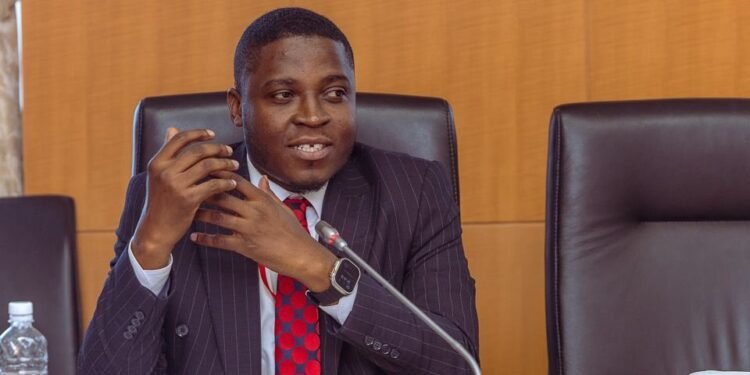National coordinator of the National Boundary Commission, Major General Emmanuel Kotia, has appealed to government and relevant stakeholders to help construct new pillars along Ghana’s borders.
According to him, the Commission is hopeful that by January next year, it will be able to construct new pillars. He revealed that the Commission is however committed to constructing a monument and other structures at New Town to help define Ghana’s borders.
“… Our appeal is that we need to work vigorously on that, we need a lot of funding to be able to do that. Currently, the German government using its implementation agency, the GIZ, is sponsoring all these activities at the eastern side and western side. Now, this is a novelty between Ghana and Cote D’Ivoire, and we are hoping that we will be able to carry them along and cooperate for us to be able to carry out this exercise.”
Major General Emmanuel Kotia
Commenting on the status of Ghana’s boundary, Maj. Gen Kotia noted that the Commission has been undertaking reaffirmation with Togo for quite some time now. Currently, he indicated that the Commission is at the third stage of reaffirming its borders with Togo.
“We’ve been able to do a reaffirmation for about 200km along the Ghana-Togo boundary. This is the very first time that the Ivorians have come on board and the first phase that we are going to conduct the reaffirmation, we’re going tot do about 50km and then extend to 150km.”
Major General Emmanuel Kotia
Furthermore, Maj. Gen. Kotia highlighted that the issue about Ghana-Cote D’Ivoire border is based on a ruling on the maritime boundary between Ghana and Cote D’Ivoire. He explained that move was established on Ghana-Cote D’Ivoire borders, hence, the pillar that established that ruling is pillar 55, which is located at New Town in the Western Region.
“So, what we decided was that we will start the reaffirmation from that land because some of the pillars are not visible there and some have been removed. So, we agreed with the Ivorians, and we had this sensitization yesterday. So, we completed the sensitization yesterday and even though it’s an ongoing process, but the technical teams are going to be on the ground to do a reaffirmation.”
Major General Emmanuel Kotia
Also, commenting on a sensitization workshop held in the country, Maj. Gen. Kotia underscored that the Africa Union under implementing partners of GIZ, under the African Union Boundary Border program, realized that there are a number of countries that have established boundary process, while most of the countries in the southern part of Africa have not been able to do so.
Sensitization program for non-members
As such, he revealed that a program has been adopted that those who have well-established boundary commissions should assist these countries.
“So, the African Union Boundary program in conjunction with GIZ put up a program – for the first time, they asked us to host an experience-sharing workshop which we organized in Accra from Monday, 20th November to Wednesday, 22nd November and they brought all the southern African countries. In addition, they’ve added Ethiopia which does not have a boundary commission.
“Clearly, the overall objective of the workshop was to contribute to the strengthening of the capacities of boundary commissions, decision-making and for border and boundary governance and to also assist them to establish infrastructures to be able to organize the boundary commissions in their respective countries.”
Major General Emmanuel Kotia
Meanwhile, touching on the outcome of the workshop, Maj. Gen. Kotia indicated that there were various subjects that were discussed and one of the subjects that came up was mechanisms for setting up the frameworks for national boundary commissions.
He emphasized that per the mechanisms, it includes having legal frameworks and most of the countries don’t have a dedicated law like Ghana has.
“So, most of them agreed that they need to carry that out first and they need their political actors to understand the dynamism and where to start from. The other issue is that the issue of international boundaries and maritime and land front is more of international. So, there’s the need for collaboration with their distinct various ministries of foreign affairs. So, we had a slot for a director for the ministry of foreign affairs to lead a discussion on the relationship between foreign affairs and boundary commissions…”
Major General Emmanuel Kotia
READ ALSO: TOR Managament Denies Engaging In Shady Deal


